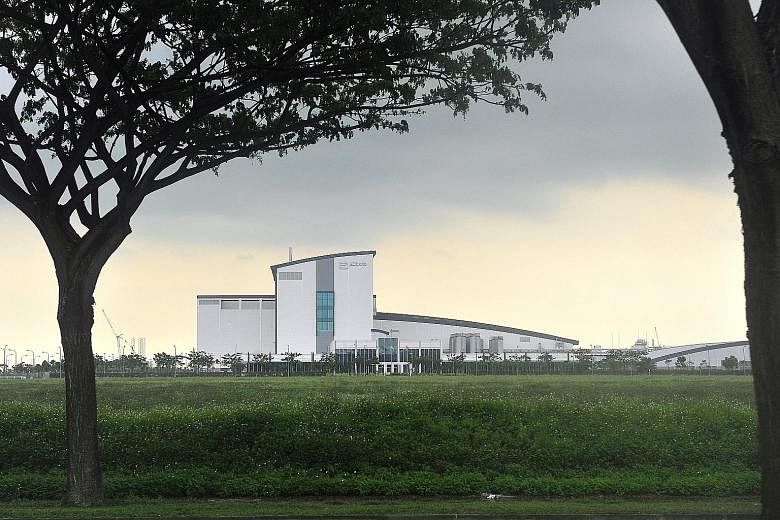Abbott Laboratories has moved the head of its vascular business for the Asia-Pacific region to Singapore in line with plans to intensify efforts to market its vascular products in Asia.
Abbott's divisional vice-president for medical affairs and product performance (vascular), Dr Krishna Sudhir, said the company, which derives 30 per cent of product sales from Asia, expects demand in Asia for its cardiovascular products to grow more than in Europe.
He was speaking to The Straits Times while on a visit to Singapore earlier this month.
Dr Sudhir said the main reason for Abbott's confidence in the Asian market - that it will grow strongly - is that cardiovascular disease in Asia is expected to increase as its large populations age.
Abbott Vascular divisional vice-president for the Asia-Pacific and Japan, Mr Harvinder Singh, moved to Singapore from Tokyo a few weeks ago to lead the effort.
Dr Sudhir said Abbott might also have to develop its technologies differently to address vascular disease in Asia. This is because heart conditions in Asians tend to be complex, and different from those in the West due to the relatively high rates of smoking, diabetes and high cholesterol in the region.
Singapore, with its multiracial population, "is a good place to understand the cardiovascular situation in Asia," he said.
This is because Singapore hospitals treat patients of diverse races, and patients of these ethnic groups tend to exhibit similar heart conditions to those in other Asian countries, said Dr Sudhir.
The conditions of these patients are similar because patients from a given ethnic group tend to exhibit similar heart conditions.
Also, the lifestyles of people from these ethnic groups tend to be similar, even if they live in different countries, thus resulting in similar conditions.
Abbott, through its presence in Singapore and collaboration with doctors in the country, is also able to get faster feedback on its products quickly, and make adjustments if needed, added Dr Sudhir.
This is because the Republic is one of the more proactive countries when it comes to adopting new medical technologies, he said. "Singapore is always one of the first countries to receive our technologies."
Another of Abbott's plans is for its staff to visit doctors in other Asian countries, travelling with Singapore doctors who have used its new products, so as to educate them on how to use the products.
Abbott also produces healthcare products such as diagnostic products, pharmaceuticals, and nutrition products.
Dr Sudhir said Abbott's major focus for vascular devices would be to develop products that circumvent the need for major surgery.
One of the technologies it is developing involves moving a device to the heart, by first inserting it into the body through an artery or vein in the wrist or thigh. The physician monitors the device by looking at a TV monitor.
As major surgery is not required, such technology can be applied on patients who are not eligible for surgery because of health reasons.
This approach also reduces the length of hospitalisation stays, as patients recover faster. Such techniques will also help ease hospital congestion as populations age, Dr Sudhir said.
These technologies have been well received in Asia, where patients are more reluctant to undergo surgery than in the West, he added. Abbott employs 900 employees in Singapore. It has a nutrition research and development centre, and a manufacturing plant located here. The company has yet to decide on whether to increase staff numbers at its Singapore vascular operations.
Abbott is known for developing a naturally dissolving stent that is used to open up a blocked artery and which remains in the artery for at least six months.
It dissolves naturally over a period of about two to 2 1/2 years.
This allows the artery to respond better to exercise and stress compared with an artery with permanent devices implanted.
Jeremy Koh

